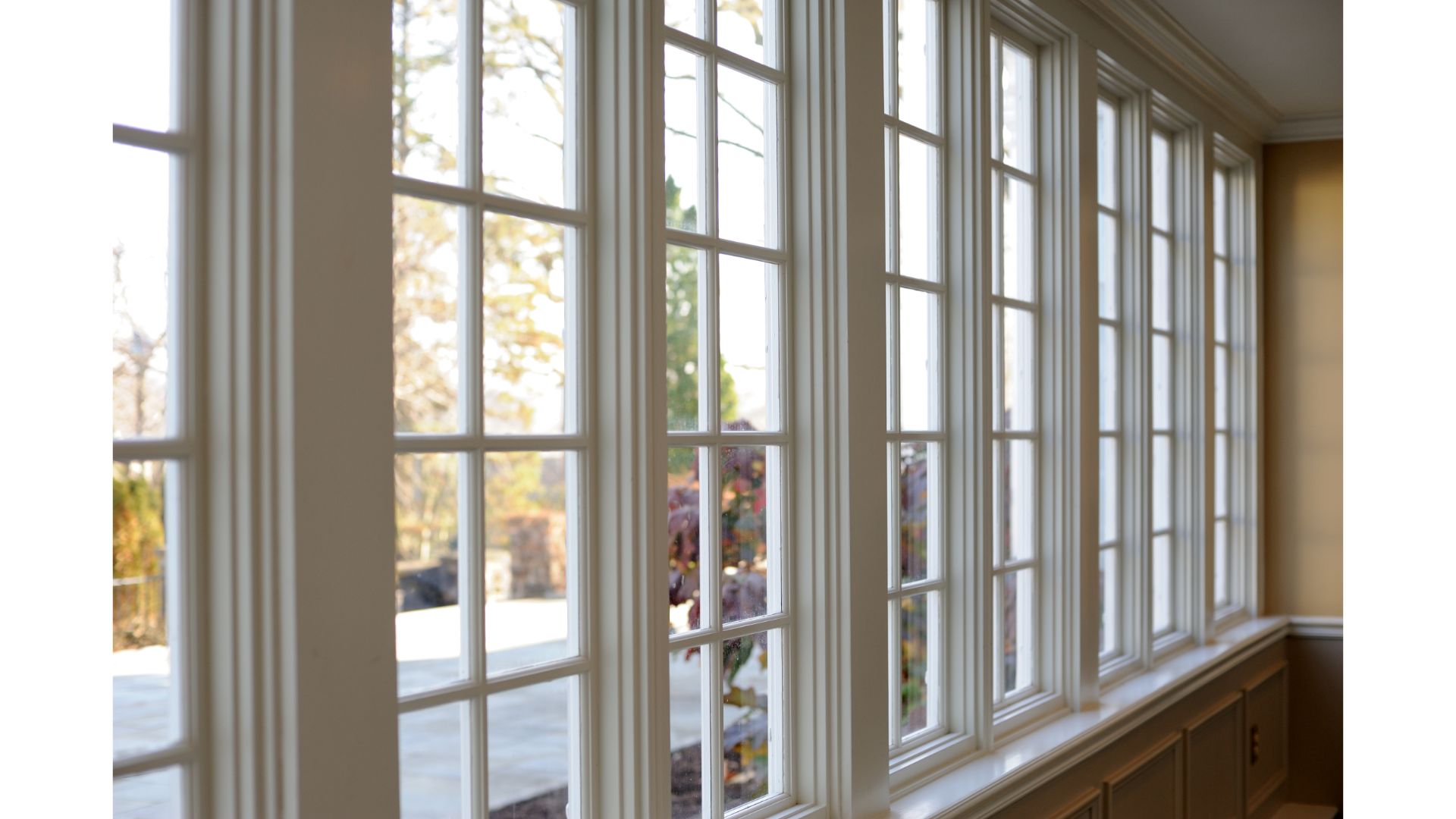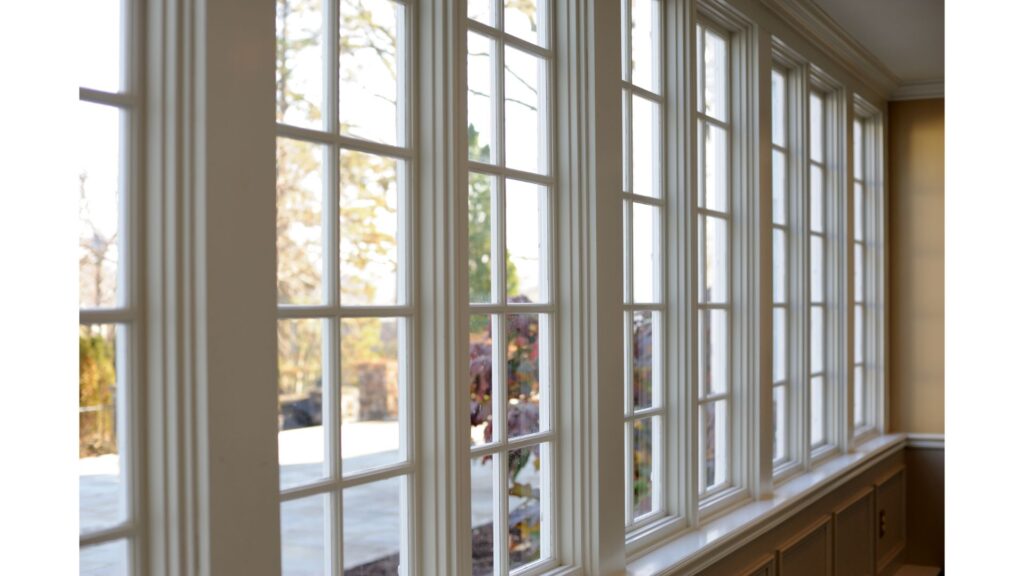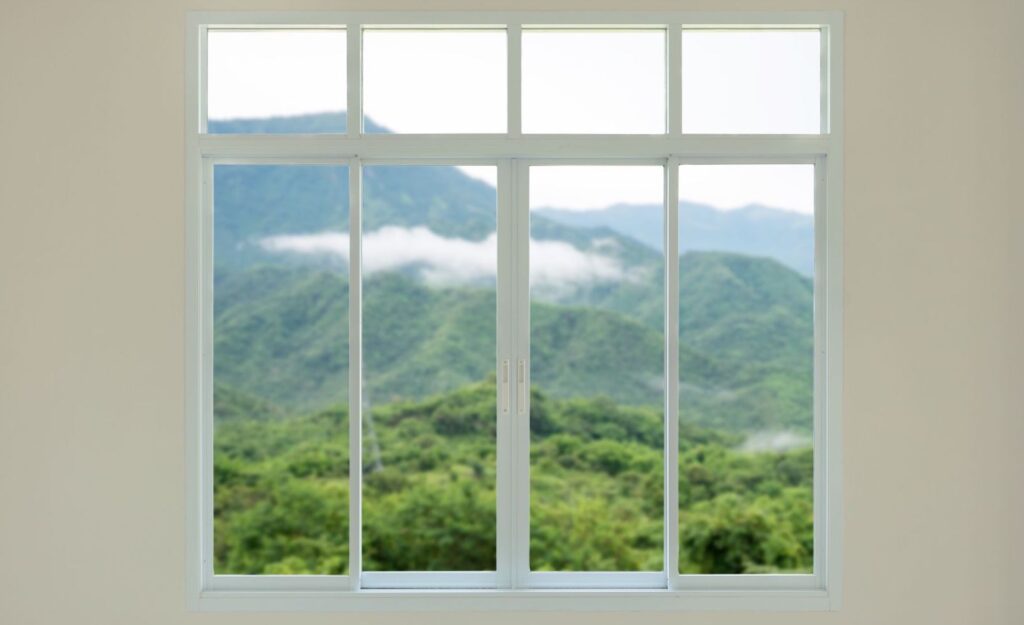
Understanding Window Warranty Options Before Making a Purchase
Choosing new windows for your home isn’t just about finding the right style or energy efficiency rating. It’s about ensuring you’re protected in the long run. And nothing offers better peace of mind than a solid window warranty—if you understand what you’re getting, that is.
I’m Michael Turner, a University of Michigan graduate with a bachelor’s degree in Construction Management. I’ve owned and operated Turner Home Renovations in Detroit for the past 15 years, specializing in window installations, home remodeling, and custom construction. As a writer and editor for Kwote Advisor, I help homeowners make informed decisions about their window purchases and installations.
Navigating warranties can be confusing, especially when they vary so widely between manufacturers and installers. So, let’s break down what you need to know about window warranties before making that big investment.
Why Window Warranties Matter
When you’re buying windows, you’re not just paying for glass and frames. You’re paying for long-term performance and durability. And since windows are a significant investment, a warranty acts as your safety net in case something goes wrong.
Manufacturers and installers both offer warranties, but they often cover different aspects of the purchase. Here’s where many homeowners get tripped up: assuming all warranties are the same. They’re not.
The key is understanding which aspects of your investment are covered and for how long.

Types of Window Warranties
There are three primary types of warranties you’ll encounter: manufacturer warranties, installation warranties, and glass breakage warranties. Let’s break down what each covers.
Manufacturer Warranties
These warranties are provided by the window manufacturer and cover defects related to the materials and craftsmanship of the windows themselves. Common inclusions are:
- Vinyl, wood, or aluminum frames
- Glass performance (insulation, fogging, or seal failures)
- Hardware, such as locks or opening mechanisms
Manufacturer warranties can range from 10 years to a lifetime, but they often come with stipulations. For example, warranties on insulated glass units (IGUs) often only cover seal failure and not breakage.
Installation Warranties
Even the best windows can fail if they’re not installed properly. This is where installation warranties come into play. Offered by the contractor or company performing the installation, these warranties typically cover:
- Improper fitting or sealing
- Water leakage due to faulty installation
- Structural defects caused during installation
Most installation warranties are shorter-term, usually 1 to 5 years, but reputable installers may offer longer coverage. Always ask what’s included before signing a contract.

Glass Breakage Warranties
Not all windows are covered for glass breakage. If you live in a region prone to extreme weather, or if you simply want added peace of mind, this type of warranty is worth considering.
Coverage may include:
- Accidental glass breakage
- Damage from severe weather events
- Impact-related damage
Glass breakage warranties are often sold as an add-on, so be sure to ask if it’s included or available as an option.
Paying for Window Installation and Why It Matters
Understanding your warranty options is crucial, but so is understanding how you pay for your window installation. The method you choose can significantly impact the validity and strength of your warranties.
Certified Installation Matters
Many manufacturer warranties are only valid if the windows are installed by a certified contractor. Attempting a DIY installation or hiring a low-cost, uncertified installer could void your coverage entirely.
In my years of running Turner Home Renovations, I’ve seen plenty of frustrated homeowners who didn’t realize their warranty was voided due to improper installation. Always confirm that your installer is authorized by the manufacturer before moving forward.
The Role of Financing in Warranty Protection
When paying for window installation, financing options can also play a role in how your warranty is applied. Many contractors offer financing plans that include extended warranties as part of the package.
For example, financing through a company that partners with a specific manufacturer may grant you enhanced coverage—such as longer glass breakage warranties or additional installation protection.

What to Look for in a Warranty
Before you finalize your window purchase and installation contract, make sure you understand:
- Coverage Duration: Is it lifetime, limited, or pro-rated?
- Transferability: Can the warranty be transferred if you sell your home?
- Exclusions: Are there specific situations or damages not covered?
- Claim Process: How do you file a claim if something goes wrong?
A strong warranty should provide clear answers to all of these questions. And if it doesn’t, it’s a red flag worth reconsidering.
Purchasing new windows is a significant investment, so it’s essential to understand the warranties that come with them. It’s not just about choosing the right style or frame material—it’s about ensuring your investment is protected for years to come.
I always recommend discussing warranty options upfront with both your window manufacturer and your installer. And if you’re considering financing, be sure to ask if that impacts your coverage in any way. The right window warranty can save you a lot of stress and money down the road. It’s worth taking the time to get it right.
About the Author
Michael Turner is a University of Michigan graduate with a bachelor’s degree in Construction Management. He is the owner of Turner Home Renovations, a successful home improvement company based in Detroit, Michigan. For the past 15 years, Michael has specialized in window installations, home remodeling, and custom construction. As a writer and editor for Kwote Advisor, he helps homeowners make informed decisions about their home improvement projects.


